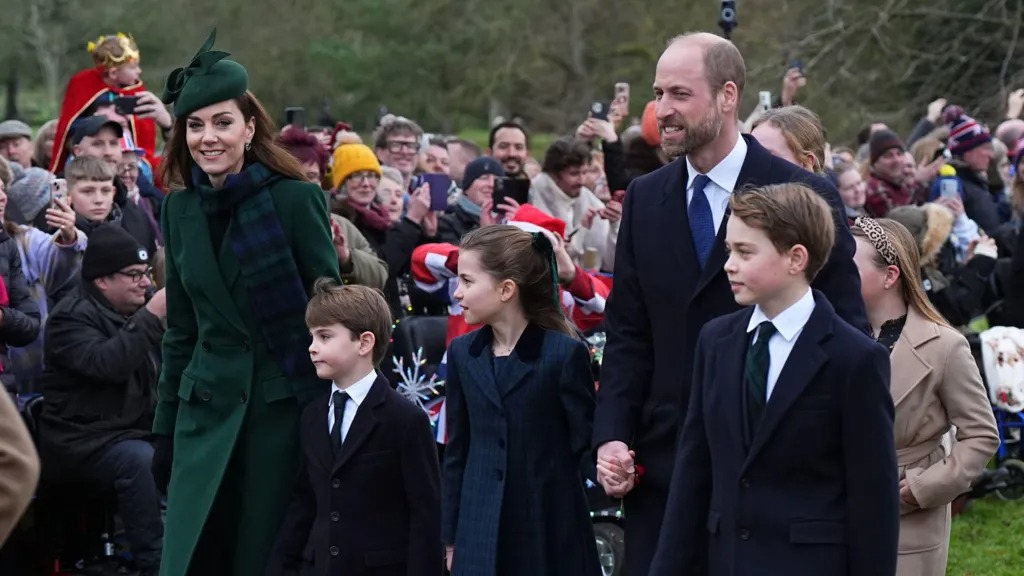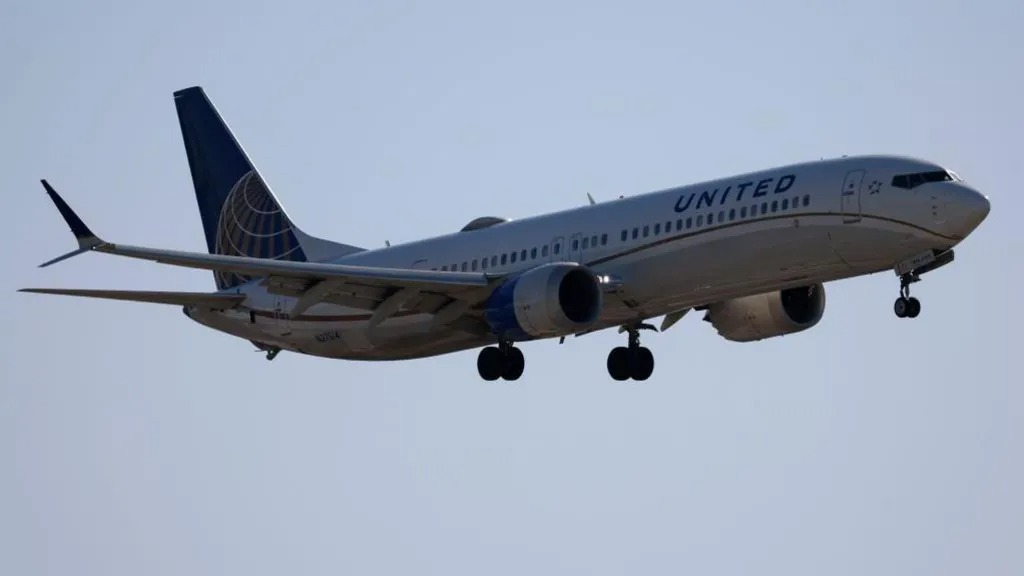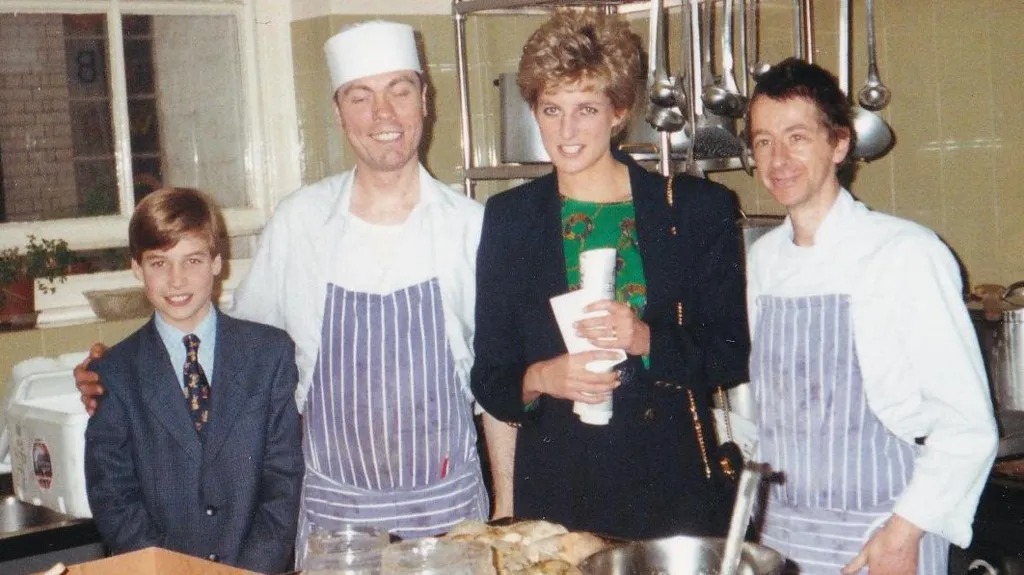Former Prime Minister Theresa May has expressed skepticism about the likelihood of justice for those affected by the 2018 Salisbury Novichok attack. In a recent interview on a BBC podcast focusing on the Salisbury Poisonings, May emphasized her hope that the family of Dawn Sturgess, who tragically died after exposure to the Russian nerve agent, will find some solace from the upcoming independent inquiry into her death.
May stated, “I would hope by the end of it the family and friends of Dawn Sturgess feel it has got to the truth.” Sturgess, along with her partner Charlie Rowley, encountered a perfume bottle containing the lethal substance, which Rowley had unknowingly found and given to her.
The incident left several individuals critically ill, including former Russian spy Sergei Skripal, his daughter Yulia, and Wiltshire Police officer Detective Sergeant Nick Bailey, all of whom ultimately recovered. However, May expressed “huge sadness” over Sturgess’s death and noted that, based on the amount of Novichok discovered, the casualty count could have been much higher. She accused the Russian government of “utter recklessness,” saying, “You felt they just didn’t care about anything.”
Within a week of the attack, the UK government publicly blamed Russia, prompting dozens of nations to expel Russian intelligence officers. Reflecting on that critical moment in the House of Commons, May recalled the “pin-drop” silence as she made her accusations against Russia, stating, “We had to be certain of our ground.” She added that it was essential to take time to gather facts and avoid “rash declarations,” despite public pressure for immediate updates.
May also criticized the UK’s response to the 2006 assassination of Alexander Litvinenko, another former Russian spy, who was killed by radioactive polonium-210. A public inquiry into Litvinenko’s murder concluded that Russian President Vladimir Putin likely sanctioned the assassination. Looking back, May said, “I think we probably should have taken a stronger response to that at the time and given a clearer message to Russia.”
The Sturgess Inquiry: What to Expect
The initial inquest into Sturgess’s death began in 2021 but has since been converted into a public inquiry to allow for the presentation of classified evidence. This inquiry is set to commence on Monday, October 14, and aims to clarify the circumstances surrounding her death.
The first week of hearings will take place at the Guildhall in Salisbury, transitioning to the International Dispute Resolution Centre in London on Monday, October 28. While the inquiry will seek to uncover the truth behind Sturgess’s death, it does not possess the authority to determine guilt or conduct trials.
In September 2018, UK counter-terrorism police identified two Russian nationals, Alexander Petrov and Ruslan Boshirov, as suspects in the case, with a third suspect, Sergey Fedotov, named in February 2019. All three men are believed to be affiliated with the GRU, the Russian military intelligence agency. Although an international arrest warrant has been issued, it is unlikely they will face trial as Russia’s constitution prohibits the extradition of its citizens. The Russian government has consistently denied any involvement in the attack, labeling the inquiry a “circus.”




